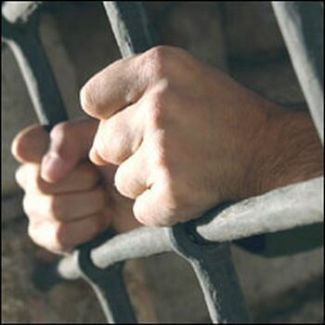Sen. Orrin Hatch (R-UT) has introduced an amendment that would require drug tests of anyone who applies for welfare or unemployment benefits. Under the 1996 Welfare Reform Act, states have the authority to enact drug testing requirements, but they are not mandated to conduct tests under current law.
"This amendment is a way to help people get off of drugs to become productive and healthy members of society while ensuring that valuable taxpayer dollars aren't wasted," says a press release from Hatch's office. "Money saved as a result of this amendment would be used to reduce the deficit."
The Hill noted that: "Under the Hatch amendment, individuals who fail to qualify for benefits because they failed a drug test wouldn't necessarily be jailed, but would be enrolled in a state or federal drug treatment program."Linda Hilton of the Crossroads Urban Center in Salt Lake City argues that the amendment would actually cost the government money, because federal officials would have to free up more funding for alcohol and drug treatment programs. "If people who need all kinds of help can't get certain kinds of help, that is just not right," Linda said. She added that she "couldn't fathom the idea of denying assistance to a person with an alcohol dependency, and she worries it could punish entire families for the addiction of a parent."
This is just another ineffective, counterproductive, and expensive plan that, while claiming to save money, will ultimately be another example of the drug war pissing taxpayers' money down the drain.




